 By: Carlos Osuna and Carlos Amtmann
By: Carlos Osuna and Carlos Amtmann
The purchasing power of Mexican families has deteriorated during the last thirty years and has fallen dramatically due to the economic stagnation. México holds position 108 of the 134 countries in the Gini Index of the income distribution, and the international average is 40.34%. The Mexican index is at 48.2% – in 1950 it was close to 60%-. The trend is to improve, but it would take another 36 years to reach 26%. We fell in competitiveness from the 31st place we had in 1988 to the 66th and we had an approximate growth of 1.89% annually during the last 30 years. We have not reached cruising speed, which is the level Mexico deserves. However, there are ways and means to accelerate the pace.
The salary situation is extremely serious. This is reflected in the analysis of the pension systems: “The small number of workers registered in the social security systems are affected by the few years of contributions to the pension plans and, eventually, by the creation of a fund that is not large enough to be able to obtain an annuity. It can be seen that persons registered in their first working ages would spend most of their active work life outside the social security systems, and therefore they would be making contributions to their retirement plan of approximately twelve years for men and eight for women, which is very far from the minimum pension guaranteed under the IMSS Law in effect. Economic forecasting scenarios show that a constant 4.6% GDP growth rate would be required during a 30 year period (2000-2030) in order for the formal jobs with social security benefits to account for almost 85% of the PEA (Economically Active Population)
 By: Victor Esquivel and Khalid Daruich
By: Victor Esquivel and Khalid Daruich

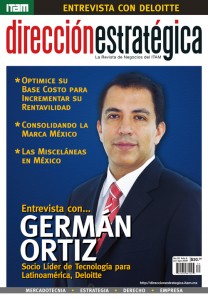
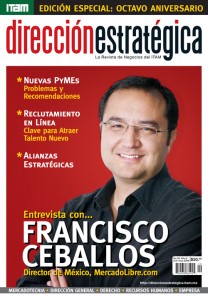
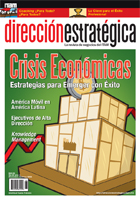

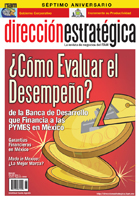
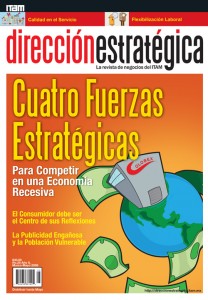
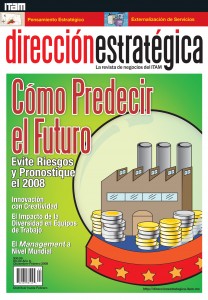
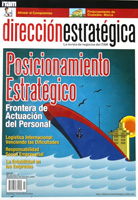


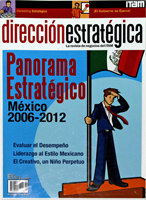
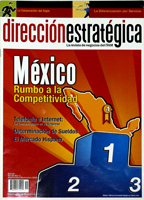

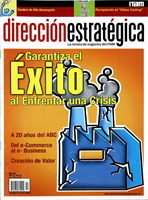

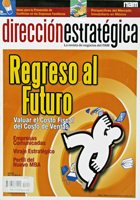
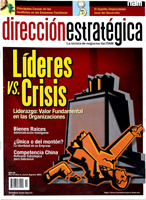
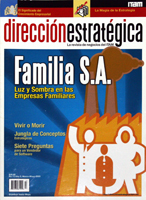





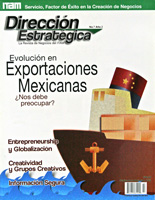
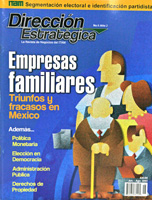
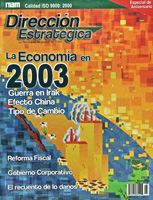


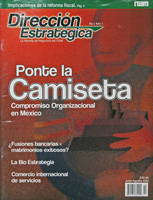

Interview with Bob Johnson, PhD, CFA, Senior Managing Director, CFA Institute
Last September we talked to Bob Johnson, PhD, CFA, Senior Managing Director, CFA Institute, an organization created in the U.S. with a presence in 58 countries that sets the highest standards of ethics, education and professional excellence in the investment industry. The CFA Institute provides education to investment professionals using its Global Body of Investment Knowledge © (Body Awareness Global Investment Industry), which covers all aspects of the investment profession, including ethics. Today, CFA Institute offers two programs of education and accreditation: the CFA program, which awards the Chartered Financial Analyst © (CFA ©), and Certification Program Investment Performance Measurement, which gives the CIPM ©. Today the Institute has about 100,000 members in over 130 countries, more than 87 percent of them accredited as Chartered Financial Analyst © (CFA ©). Nearly 30 percent of the members are responsible for managing private client assets and 50 percent work in the markets for the next purchase. The CFA Institute is
Bob Johnson earned a Ph.D. in finance from the University of Nebraska, has an MBA in finance from Creighton University and a BS in Business Administration (BSBA) from the University of Nebraska. CFA was accredited in September 1990. Since September 1996, Bob is part of the Institute, first as Vice President in charge of the CFA program curriculum. In December 1998 he was promoted to Senior Vice President. Now Senior Managing Director, CFA Institute and is responsible for the following activities: (read more…)